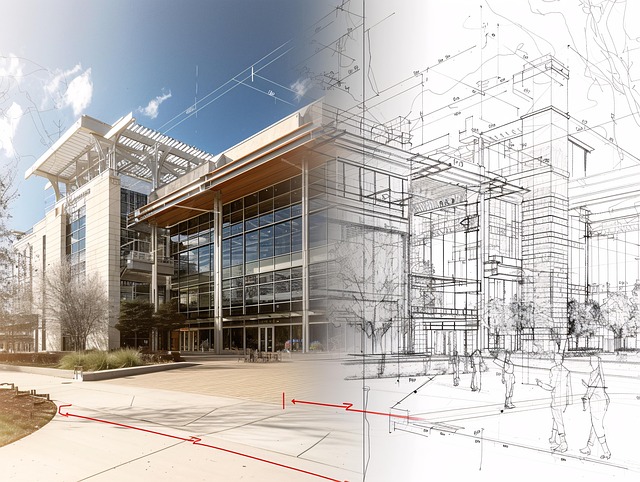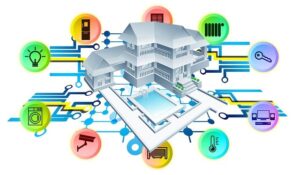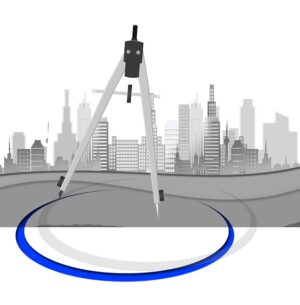Modern electric water heaters, including tankless and instant models, offer significant energy efficiency gains over traditional tank heaters. By minimizing hot water storage and heating only as needed, these advanced systems reduce utility bills while decreasing environmental impact. Tankless and point-of-use electric heaters are particularly effective for cost savings due to their on-demand heating capabilities. Upgrading to modern electric hot water systems with smart management can lead to substantial long-term savings.
Looking to slash your household utility bills? Consider switching to an energy-saving electric water heater. In today’s eco-conscious era, these innovative systems offer a sustainable and cost-effective solution for heating your water. This comprehensive guide explores the benefits of energy-efficient models, delves into modern water heater technologies, and provides practical strategies to maximize savings. From understanding electricity consumption to selecting the right type, you’ll discover how to transform your home into a more efficient and affordable space.
- Understanding Electric Water Heaters and Their Energy Consumption
- The Benefits of Energy-Efficient Models
- Types and Features of Modern Energy-Saving Water Heaters
- Strategies to Maximize Savings with Electric Water Heating Systems
Understanding Electric Water Heaters and Their Energy Consumption

Electric water heaters have become a common fixture in many households, offering a convenient and efficient way to heat water for various daily uses. Understanding their energy consumption is key to recognizing the potential for significant savings on utility bills. These devices convert electrical energy into heat, which can be achieved through different methods such as resistance heating or more advanced technologies like heat pump systems.
Traditional tank water heaters, often referred to as electric storage heaters, maintain a constant supply of hot water by storing it in an insulated tank. In contrast, tankless electric systems, also known as point-of-use heaters, heat water on demand, eliminating the need for storage. This technology is especially energy-efficient, as it minimizes heat loss and only consumes power when hot water is actually needed. Residential electric heaters, whether tank or tankless, have made considerable strides in energy-efficient heating, allowing homeowners to reduce their environmental impact and lower their utility expenses.
The Benefits of Energy-Efficient Models

Energy-efficient electric water heaters offer numerous benefits for homeowners looking to reduce their utility bills and environmental footprint. These advanced models are designed to minimize energy consumption while still providing hot water on demand, making them a popular choice in residential settings. By adopting energy-efficient heating technologies, such as tankless electric systems or instant electric heaters, households can enjoy significant cost savings over time.
One of the key advantages is their ability to lower electricity bills. Traditional tank water heaters often operate continuously, consuming energy even when not delivering hot water. In contrast, modern electric storage heaters and point-of-use heaters are more mindful of energy usage, heating water only as needed. This results in reduced energy wastage and lower overall consumption, making them a sustainable and cost-effective solution for home water heating.
Types and Features of Modern Energy-Saving Water Heaters

Modern energy-saving water heaters come in various types, each with unique features designed to reduce energy consumption and lower household utility bills. Among the popular options are tank water heaters, which store hot water in a reservoir, and tankless electric systems that heat water on demand. Electric storage heaters, another efficient choice, use thermal mass to store heat during off-peak hours for later use.
For smaller applications, point of use heaters and instant electric heaters are ideal. These compact devices provide hot water directly at the faucet or shower without requiring a storage tank. Their energy-efficient heating elements ensure minimal energy waste, making them perfect for residential electric heaters in homes with limited space or specific hot water needs.
Strategies to Maximize Savings with Electric Water Heating Systems

To maximize savings with electric water heating systems, there are several strategies to consider. First, residential electric heaters that employ tankless electric systems or point of use heaters can significantly reduce energy consumption by heating water only when needed. This eliminates the constant energy draw associated with traditional tank water heaters. Additionally, installing electric storage heaters allows you to store hot water during off-peak hours, taking advantage of cheaper electricity rates and further enhancing savings.
Upgrading to energy efficient heating technologies, such as those found in modern electric hot water systems, can also contribute to substantial cost savings. These systems are designed with advanced features that minimize energy wastage, ensuring your home is supplied with hot water efficiently. Regular maintenance of these appliances and setting thermostats at optimal levels further enhance their energy-saving capabilities, making them a smart investment for any homeowner looking to cut utility bills.
Electric water heaters, with their energy-saving capabilities, offer a compelling solution for households seeking to reduce utility bills. By understanding how these systems work and exploring modern models featuring advanced technology, you can make an informed decision that benefits both your wallet and the environment. Implementing smart strategies to optimize energy use will further enhance savings, making electric water heating a practical and sustainable choice.






